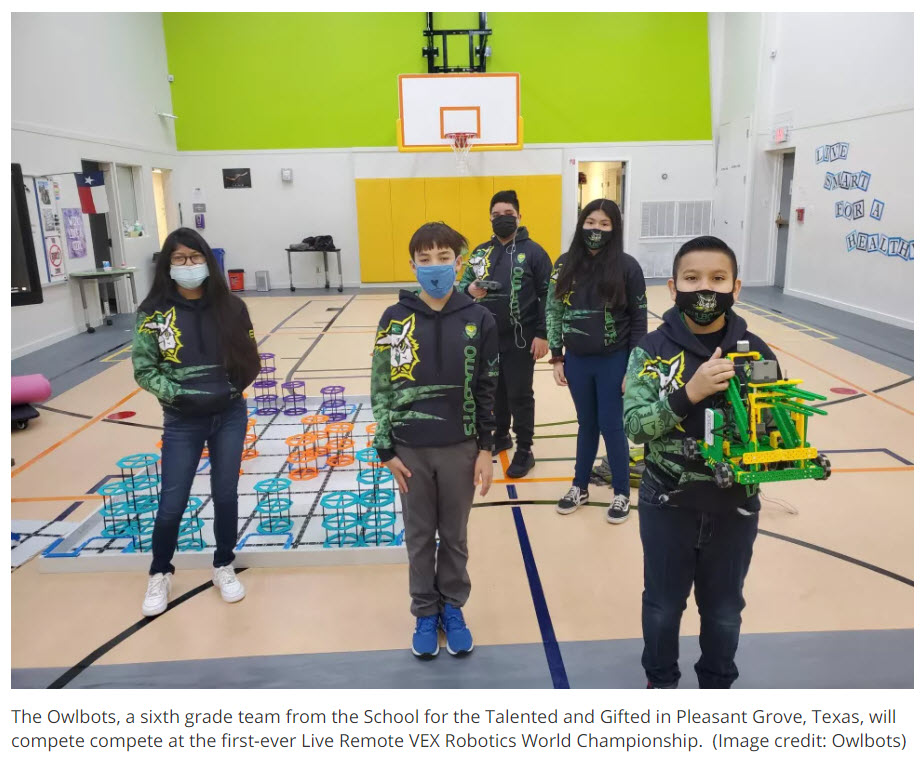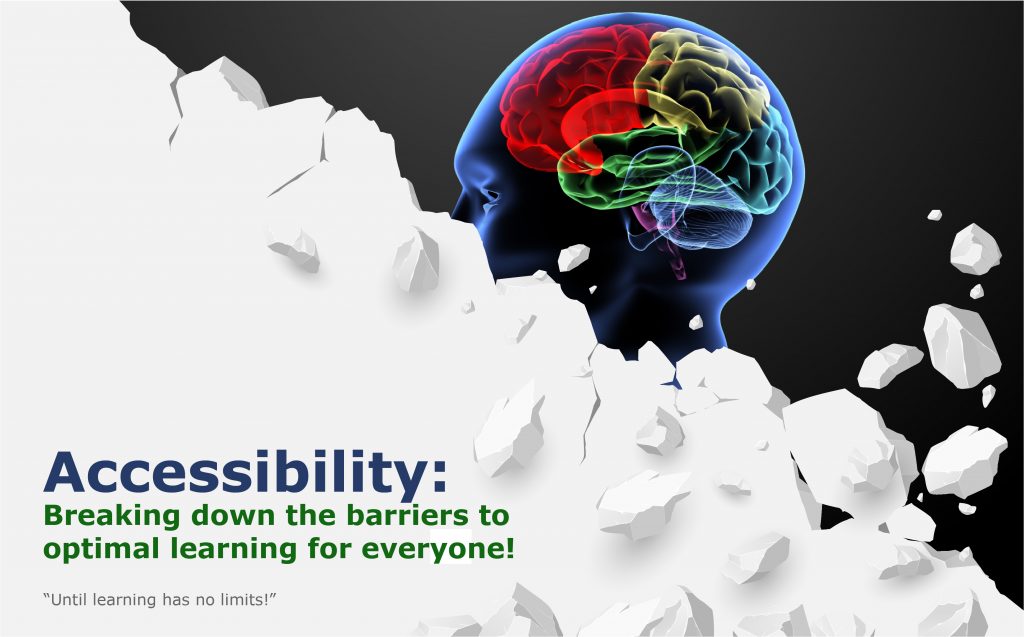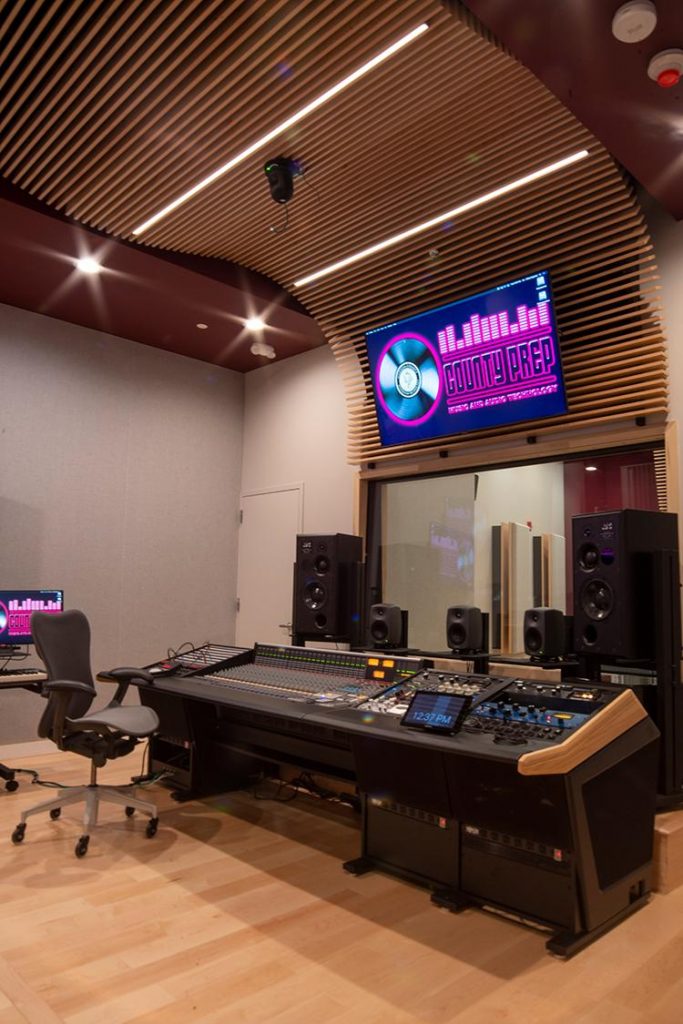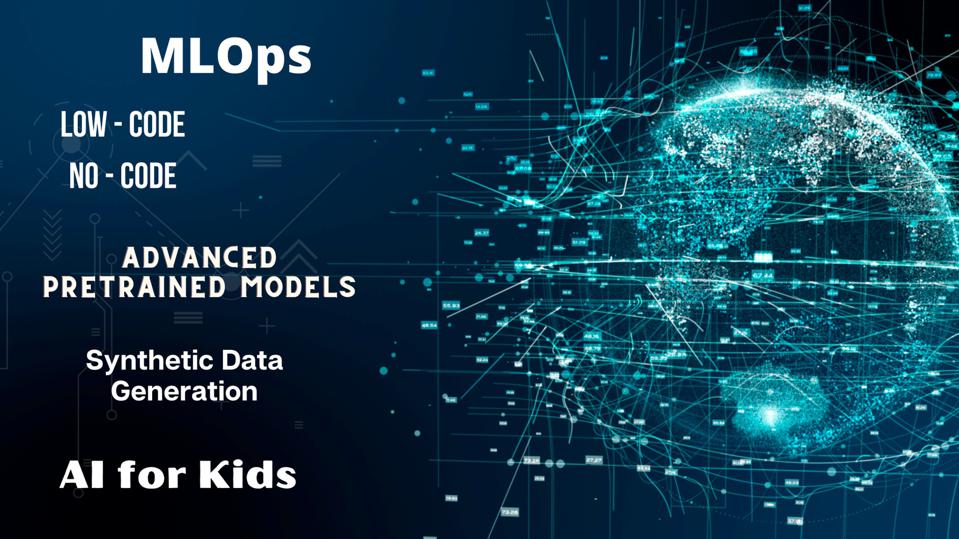From DSC:
More changes to the learning ecosystems in the U.S.
Microschools Can Lead to Macro Change — from gettingsmart.com by Tom Vander Ark and Rebecca Midles
Excerpts:
However, around the edges, the growth of pods and microschools has benefited thousands of learners. New tools and strategies have made it easier to create microschools of 15 to 150 students as a short-term pilot or long-term learning option.
Given their small size, microschools can be opened quickly in alternative spaces. Microschools quickly create new community-connected learning options (themes, careers, and experiences) for students. They can also be used to quickly address underserved student populations (preschool, dropout recovery, and career education).
Microschools make learning personal. With unique themes, links to community, and porous walls, they can ignite learning for students and innovation for districts.
Also see:
The Highly Competitive, Hypocritical, and Altogether Essential World of Pandemic Pods — from by Julia Beck
During the most stressful school year on record, learning bubbles are the one thing saving working parents’ sanity—so long as no one dares to break the rules.
Still, pod life isn’t all good grades and living by the golden rule. Pods have also been the source of criticism and conflict in the Boston area. They have been at the root of strained relationships in some suburban communities, and criticized for accelerating achievement gaps between the podded and the podless.















